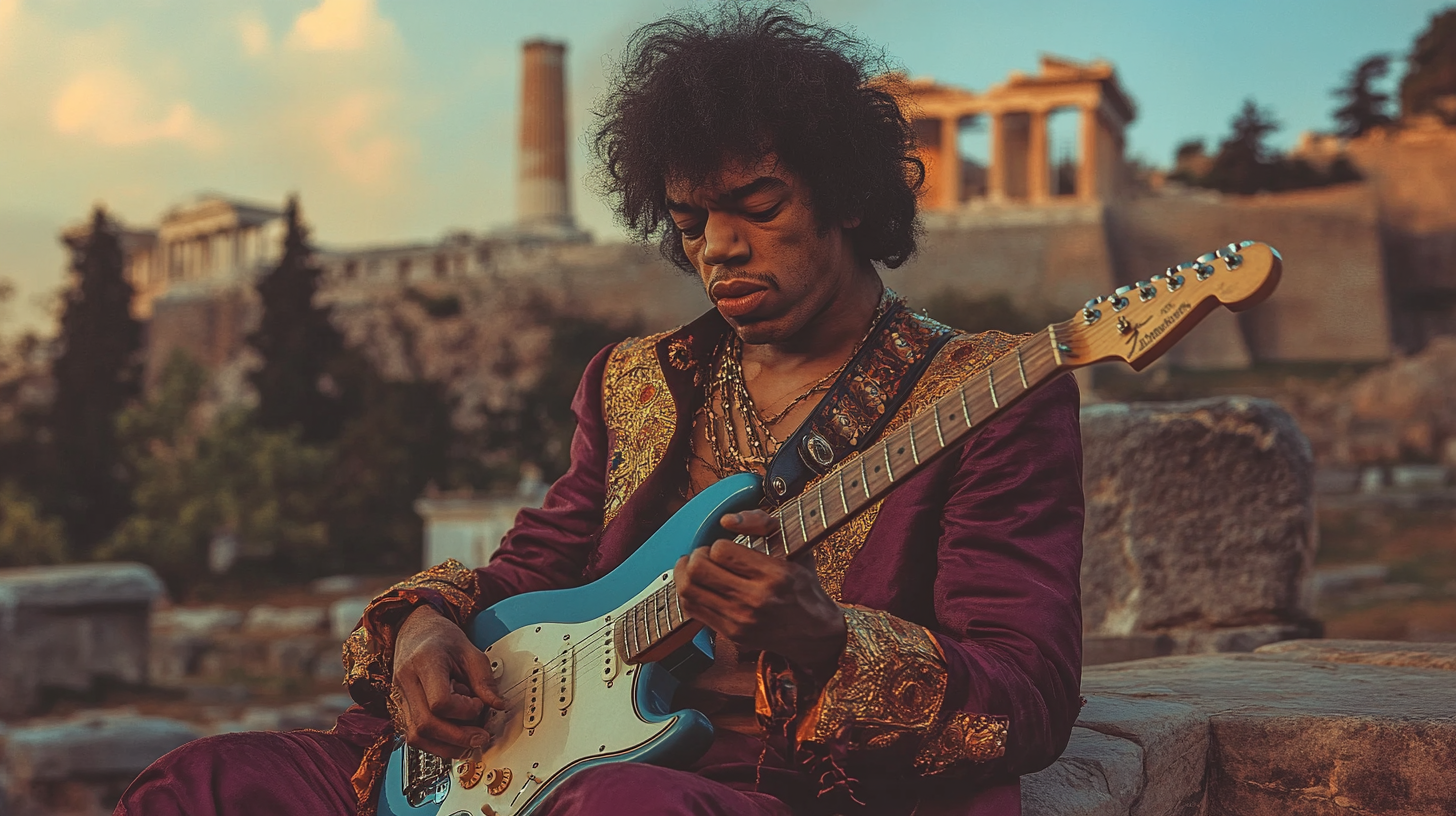In a recent conversation, Donald Robertson shared his fascinating insights into Socrates, shedding light on the philosopher's unique approach to life and philosophy. Robertson highlighted how Socrates defies common stereotypes of philosophers as solitary thinkers. Instead, Socrates exemplified a rare combination of intellectual rigor and a profound love for human beings.
Robertson emphasized that Socrates wasn’t just interested in abstract ideas—he had a deep and abiding love for people. Unlike many philosophers who might prefer to stick to their books or their intellectual circles, Socrates thrived on engaging with others. He spent his days in the bustling agora of Athens, conversing with everyone from elites to common citizens. For Socrates, philosophy wasn’t just about thought; it was about interaction, dialogue, and uncovering truth through questioning.
This love for people and their potential sets Socrates apart. Robertson described him as someone who was deeply curious about human nature and who thrived on the energy of human connection. Socrates wasn’t a recluse; he sought out human interaction and believed it was central to his philosophical mission.
Watch the video here:
The Jimi Hendrix of Philosophy
In one of the more striking comparisons, Robertson likened Socrates to Jimi Hendrix. At first, this might seem like an unusual analogy, but it captures something essential about Socrates’ approach to philosophy. Just as Hendrix was inseparable from his guitar, Socrates was inseparable from his philosophical practice.

Robertson recounted stories of Hendrix waking up with his guitar, cooking breakfast with it, and even wearing it to the bathroom. In the same way, Socrates lived and breathed philosophy. He dedicated every moment of his day to engaging in philosophical discussions, honing his skills, and exploring ideas.
Socrates exemplified this principle, spending every waking moment practicing his craft. Robertson pointed out that ancient sources describe Socrates as someone who had given up his previous career—possibly as a stonemason—to dedicate his life entirely to philosophy. For Socrates, this wasn’t just a profession; it was his very essence.
A Towering Soul
Robertson also touched on the Greek concept of megalopsychia, or “greatness of soul.” This term was often reserved for military leaders or influential politicians, but Socrates earned it through his unparalleled dedication to philosophy. He was a towering figure of his time, not because of power or wealth, but because of his relentless pursuit of wisdom and truth.
Socrates’ charisma, as Robertson described it, was unique. Meeting him could be a profound experience. Some people were drawn to him, inspired by his questioning and insight. Others found his approach unsettling, even infuriating. But whether people loved or hated him, Socrates was impossible to ignore.
Living Philosophy
Robertson’s reflections challenge us to consider what it means to truly live a philosophical life. Socrates didn’t merely study philosophy—he embodied it, dedicating every aspect of his life to its practice. In doing so, he sharpened his critical thinking skills and left a legacy that continues to inspire us today.
In a world where such total commitment to a pursuit is rare, Socrates’ life serves as a powerful example. As Robertson noted, he reminds us that philosophy isn’t just something to read about—it’s something to live. For Socrates, every conversation, no matter how mundane, was an opportunity to explore truth, virtue, and the human soul.
Donald Robertson’s insights give us a vivid picture of a philosopher who was as passionate about people as he was about ideas. Socrates lived and breathed philosophy, leaving behind a model of what it means to dedicate oneself to the pursuit of wisdom and understanding.
